Howard S. Becker
Howard S. Becker
Wayne C. Booth, Gregory G. Colomb, Joseph M. Williams, Joseph Bizup, and William T. FitzGerald
Anne E. Greene
Jane E. Miller
Scott L. Montgomery
Kate L. Turabian
Write No Matter What
Advice for Academics
Joli Jensen
The University of Chicago Press
Chicago and London
The University of Chicago Press, Chicago 60637
The University of Chicago Press, Ltd., London
2017 by The University of Chicago
All rights reserved. No part of this book may be used or reproduced in any manner whatsoever without written permission, except in the case of brief quotations in critical articles and reviews.
For more information, contact the University of Chicago Press, 1427 E. 60th St., Chicago, IL 60637.
Published 2017
Printed in the United States of America
26 25 24 23 22 21 20 19 18 17 1 2 3 4 5
ISBN-13: 978-0-226-46167-0 (cloth)
ISBN-13: 978-0-226-46170-0 (paper)
ISBN-13: 978-0-226-46184-7 (e-book)
DOI: 10.7208/chicago/9780226461847.001.0001
Library of Congress Cataloging-in-Publication Data
Names: Jensen, Joli, author.
Title: Write no matter what : advice for academics / Joli Jensen.
Other titles: Chicago guides to writing, editing, and publishing.
Description: Chicago : The University of Chicago Press, 2017. | Series: Chicago guides to writing, editing, and publishing | Includes bibliographical references and index.
Identifiers: LCCN 2016048009 | ISBN 9780226461670 (cloth : alk. paper) | ISBN 9780226461700 (pbk. : alk. paper) | ISBN 9780226461847 (e-book)
Subjects: LCSH: Academic writing.
Classification: LCC LB2369 .J46 2017 | DDC 808.02dc23 LC record available at https://lccn.loc.gov/2016048009
 This paper meets the requirements of ANSI / NISO Z39.48-1992 (Permanence of Paper).
This paper meets the requirements of ANSI / NISO Z39.48-1992 (Permanence of Paper).
In memory of my father,
Donald D. Jensen
(19302003)
Contents
The University of Tulsa has given me the institutional support I needed to create and direct the TU Faculty Writing Program. In particular, I want to thank Denise Dutton, director of the Henneke Center for Academic Fulfillment, for her encouragement, advice, and administrative skills, as well as Provost Roger Blais, Dean Kalpana Misra, Lauren Wagner, and Janet Cairns.
My departmental colleagues Mark Brewin, John Coward, and Ben Peters have graciously accepted my increasing commitment to faculty writing, and Bens enthusiasm for this project has been particularly encouraging.
The seeds of this book go way back. I thank the graduate students I worked with in the Radio-TV-Film Department at the University of Texas, as well as undergraduate students in the TU Honors Program, for sharing their writing struggles with me. This book began thanks to a passing remark from historian Ed Linenthal, visiting from Indiana University. He told me I should turn a class handout called Myths We Stall By into a book. Never underestimate the power of an encouraging word.
I have received many encouraging words during the writing of this book. In particular I want to thank my TU colleagues Jennifer Airey, Susan Chase, Lynn Clutter, Lars Engle, Eduardo Faingold, Randy Fuller, Al Harkness, Brian Hosmer, Jennie Ikuta, Holly Laird, Peggy Lisenbee, Lee Anne Nichols, Kristen Oertel, Kirsten Olds, Teresa Valero, Kate Waits, and Helen Zhang for their support, along with the TU colleagues I consulted with in confidence. Outside of TU, Rabbi Marc Boone Fitzerman, CSU Writes! founder Kristina Quynn, Ray Blanton, Karen Christensen, David D. Perlmutter, and Sue Redwood have offered valued encouragement.
Thanks also go to Vitae, the Chronicle of Higher Educations online career hub, especially to editor Gabriela Montell, for the chance to circulate some of these ideas in essay form.
The University of Chicago Press has been an ideal home for this project. It has been gratifying to work with editors David Morrow and Mary Laur, along with editorial associate Susan Zakin, manuscript editor Ruth Goring, production controller Skye Agnew, designer Kevin Quach, and promotions manager Lauren Salas.
I am grateful to have grown up in a family that values scholarly writing. I thank my mother, Janet Kepner Jensen, for her lifetime of support. As this book took shape, I was especially buoyed by my brother Michael Jensens insights on academic publishing and my brother David Jensens insights on writing in the sciences. This book is dedicated to the memory of our father, Donald D. Jensen, who inspired all of us and encouraged me to find ways around writing obstacles.
Finally, I am deeply grateful for the love (and copyediting) of my husband, Craig Walter, and our sons Charlie Walter and Tom Walter. They continue to encourage me, even though I sometimes shut the door on them (at least for a few hours a day) in order to write.
Readers are invited to visit my webpage: jolijensen.com.
Writing productivity research and advice can be summarized in a single sentence: In order to be productive we need frequent, low-stress contact with a writing project we enjoy. Our problem is that academic life offers us the exact opposite: infrequent, high-stress contact with projects that come to feel like albatrosses.
Outsiders think academe is a supportive writing environment. We know it is not. Yes, we have semester breaks and time off in the summer, and we meet with only a few classes each day, but we are in a hectic, demanding, distracting work environment that is definitely not writing-friendly. Academe sets the stakes very high (publish or perish) while mystifying the writing process. We are expected to figure outall on our ownhow to publish prolifically, teach well, and be of service to students and colleagues.
It is up to us to create better conditions to support our writingto find ways to have frequent, rewarding contact with enjoyable projects. But first we need to stop blaming our situation or ourselves. Academic life is unsupportive to writing for reasons beyond our legitimate complaints about having too much to do or our secret fears about being lazy and undisciplined. There are insights we can have, and skills we can develop, that will help us do our academic writing no matter what.
In this book I focus on the process of academic writing rather than on the content. There are already many useful books on writing style and on the publication process for academic articles or books. This book is about dealing with whatever is keeping you from getting your academic writing done. It shows you how to create and sustain frequent, low-stress writing contact with a project you care about, no matter how stuck you are, frustrated you feel, or uncongenial your writing environment seems.

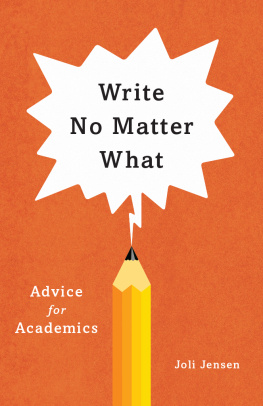

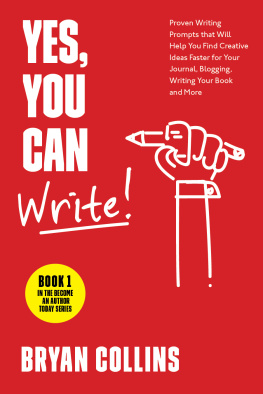
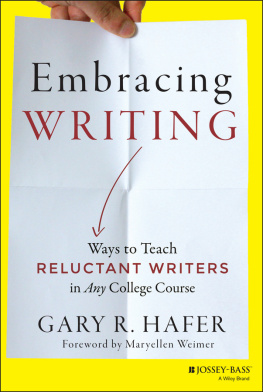
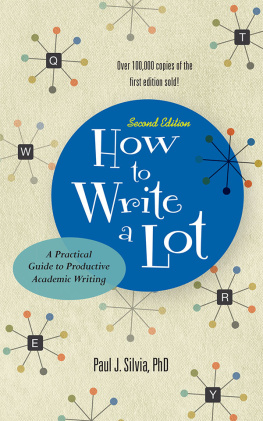
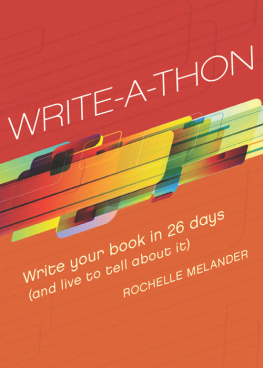
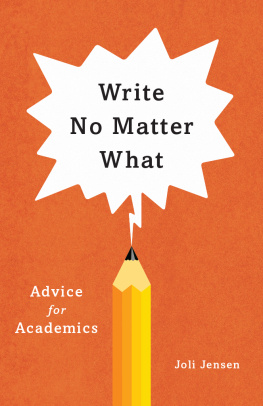
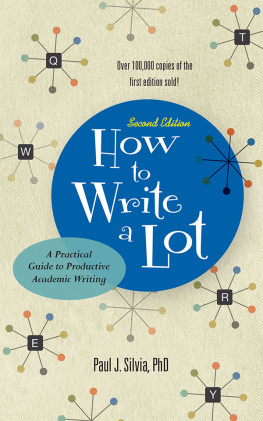
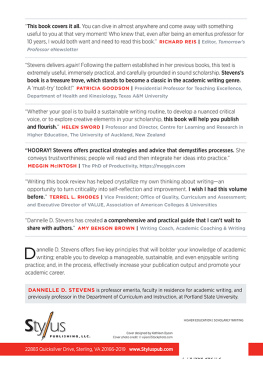
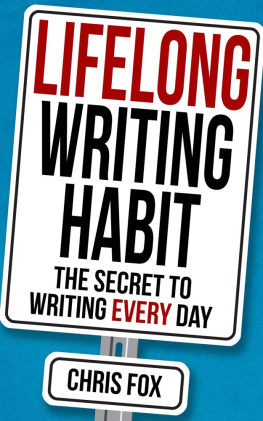
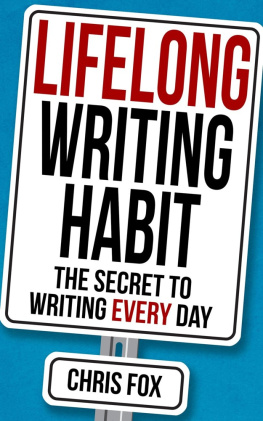
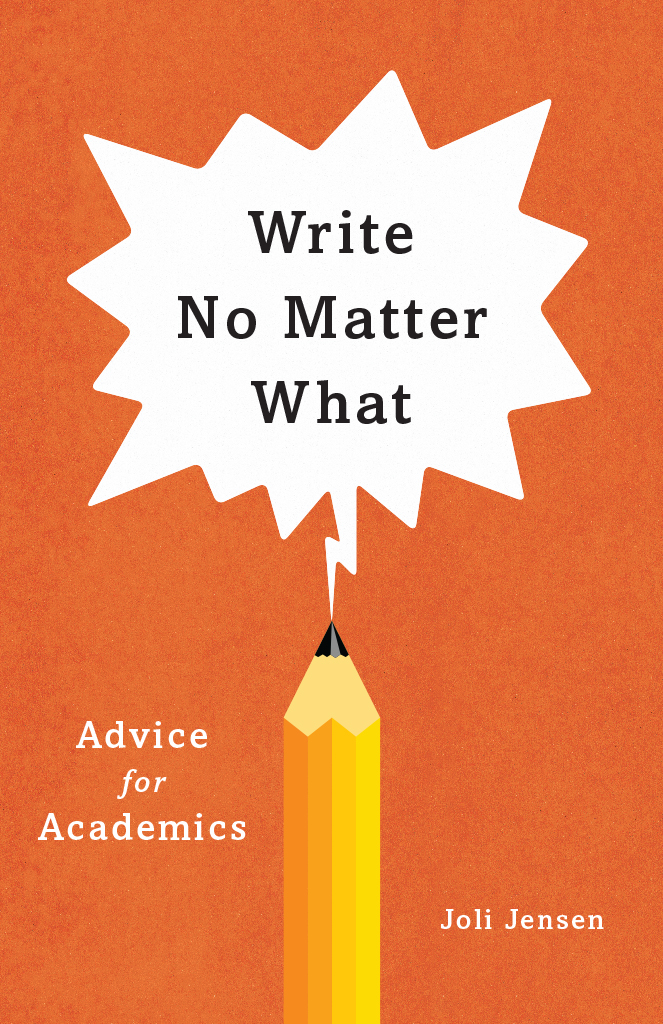
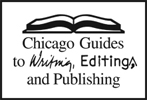
 This paper meets the requirements of ANSI / NISO Z39.48-1992 (Permanence of Paper).
This paper meets the requirements of ANSI / NISO Z39.48-1992 (Permanence of Paper).